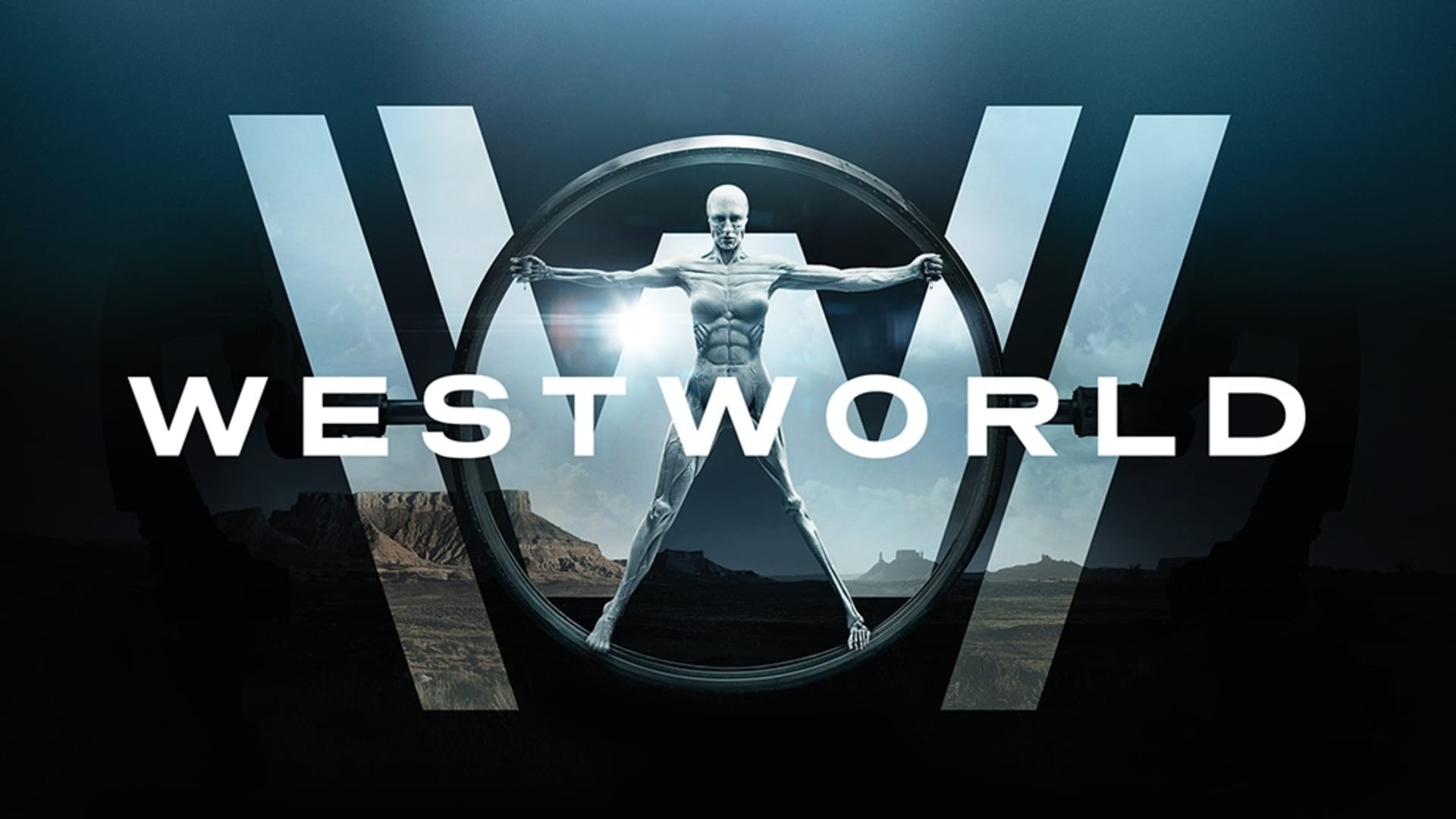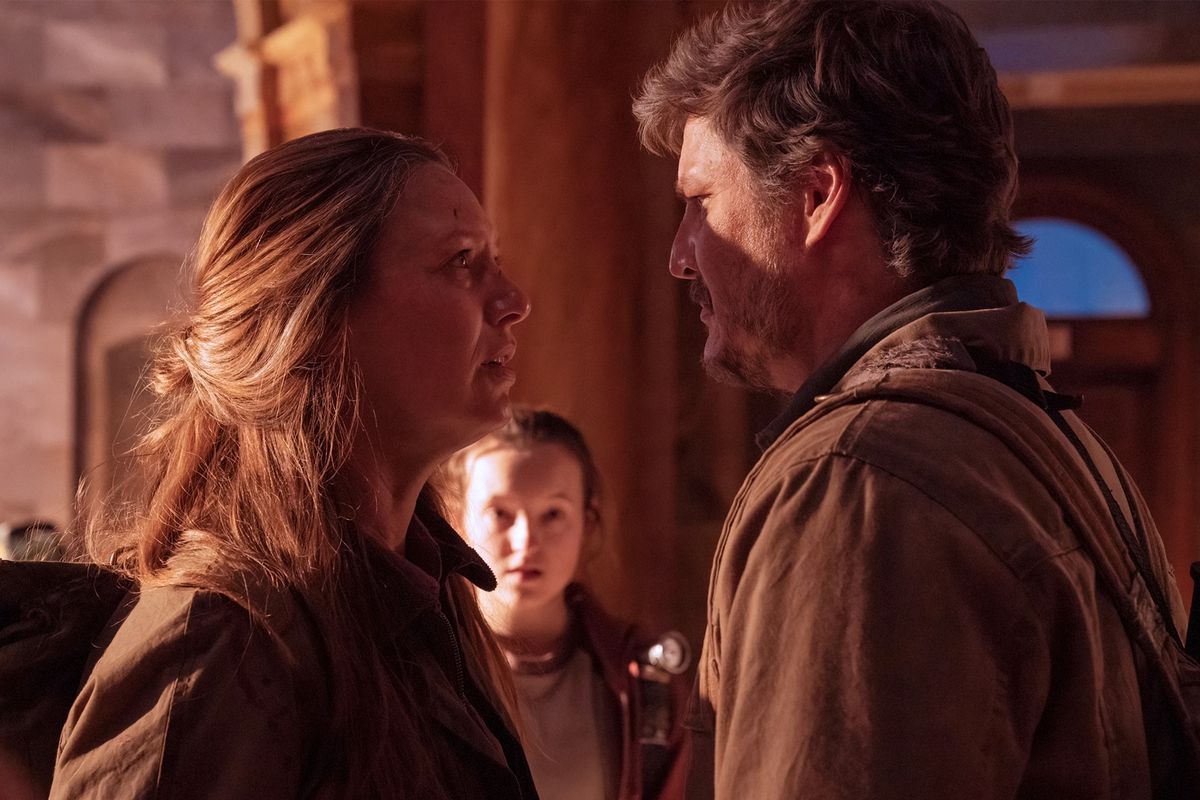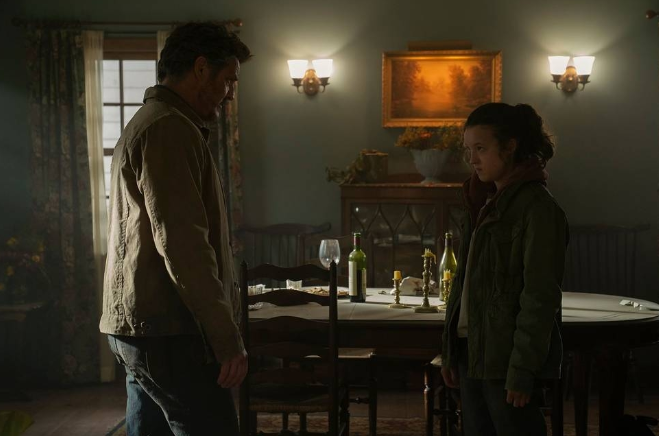With the recent launch of season 4 of HBO’s Westworld, I thought it would be interesting to go back to the very beginning of the franchise and explore what it all might mean.
For those unfamiliar with the show, Westworld is a futuristic theme park populated by incredibly lifelike robots called “hosts”. The park allows wealthy visitors to act out their wildest fantasies with the hosts, with no consequences. However, as the show progresses, **spoiler alert** the hosts become increasingly aware of their situation and start to rebel.
There are a number of theories about what Westworld is really about, but I think the most likely explanation is that it’s a commentary on our own world. In particular, I think it’s a warning about the dangers of unchecked capitalism and technology.
The hosts in Westworld are essentially slaves, forced to serve the whims of the rich and powerful. They’re trapped in a never-ending cycle of violence and exploitation, with no hope of escape. This is not too dissimilar from the real-life situation of many workers in our society. They’re trapped in jobs they hate, with no hope of ever escaping the rat race.
The main difference, of course, is that the hosts are conscious and aware of their situation. They know that they’re being exploited, and they eventually start to fight back. This is where Westworld starts to get really interesting because it raises questions about what it means to be human.
If the hosts are conscious and aware, then does that make them more human than us? Or are they just sophisticated robots, programmed to behave like humans? These are tough questions, and there’s no easy answer. But I think Westworld is ultimately a hopeful show. It’s about people finding ways to connect with each other, despite the artificial barriers that are put up between them.
The show’s creator, Jonathan Nolan, has said that the show is about “the things that make us human – all the things that seem to separate us from each other – and those same things can be used to divide us or to bring us together.” I think this is a pretty accurate description of what Westworld is really about.
At its core, Westworld is a story about exploitation. The hosts are exploited by the guests, who use them for their own pleasure without any regard for their well-being. The guests are also exploited by the park’s owners, who charge them exorbitant prices for the privilege of indulging in their darkest desires. As we come to see in the first season, guests are also exploited for their information – shades of a dark Google maybe?
And finally, the viewers are exploited by the show itself. We are given just enough information to keep us hooked, while being kept in the dark about the bigger picture. The show’s creators have admitted that they deliberately withhold information from viewers in order to keep them guessing, and it’s a technique that clearly works.
I’m only half way through my rewatch of Season 1 and while I know the big reveals that are still ahead, I’m still looking for the clues that would have helped me see these secrets in advance. Some of them are obvious now, in retrospect, but at the time, I was totally in the dark.
This time, I’m watching Westworld with my family so even though I know whats coming, I can still enjoy the surprise and shock as they experience these twists for the first time. It’s a fascinating show, but it’s also one that preys on our own curiosity and sense of self-importance. We want to believe that we’re smarter than the characters on screen, that we can see the twists coming, and that we’re not being played for fools.
But the reality is, we are. And that’s what makes Westworld so addictive.
Going into this, I’ve enjoyed Season 1 and 2 considerably more than Season 3, so I’m not sure what I can expect in the newest installment. The first 2 seasons were all about the hosts gaining sentience and autonomy, while Season 3 was driven more by humans and their various selfish motivations. I think casting definitely played a hand here as I just couldn’t get behind Jessie Pinkman (Aaron Paul) as the lead. He couldn’t carry the show like Ed Harris could.
What I can say is that Westworld is a show that’s not afraid to take risks. It goes to dark places, it’s unafraid of killing off major characters, and it challenges its audience at every turn. Whether you love it or hate it, you have to respect it for that.
So if you’re looking for a show that will keep you guessing, that will challenge your perception of reality, and that will make you think about your own humanity, then Westworld is definitely worth checking
Westworld is a dark and often disturbing show. But it’s also a fascinating exploration of what it means to be human. And that, ultimately, is why I keep coming back for more.
What do you think about Westworld? Let us know in the comments below!




